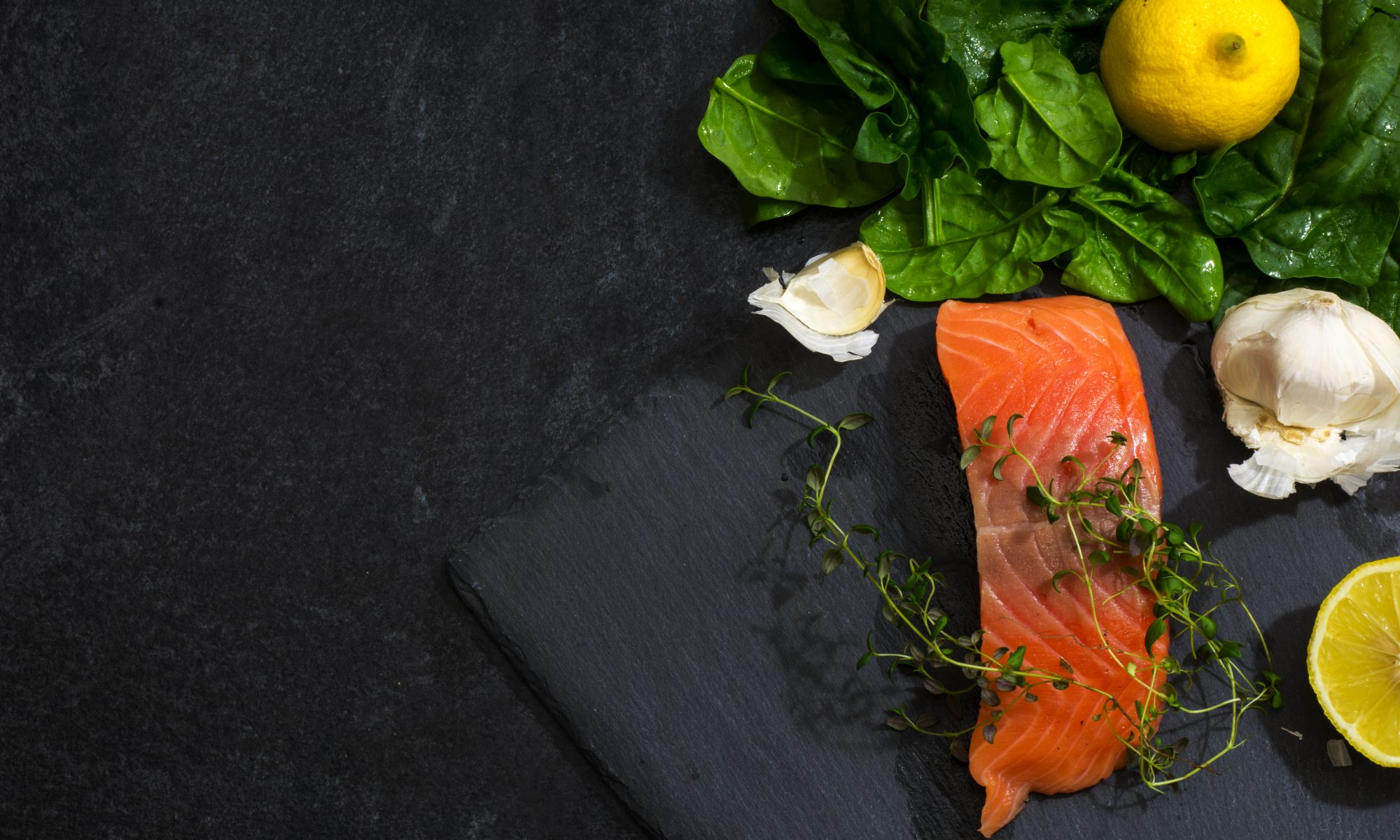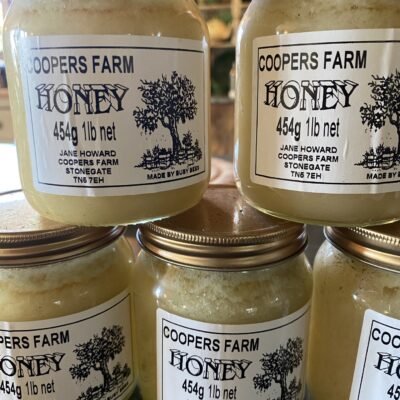Nutrition & Lifestyle Coach Charlotte Lau explores the link between food and mood…
The brain, a powerful but fragile organ that accounts for just 2-3% of our body weight yet makes up for around 20-25% of our daily energy requirement. It is responsible for our thoughts and feelings which affect our mood and actions so it is vital to feed and nourish it properly. We are all familiar with how our mood itself can affect our food choices, such as seeking comfort food when we feel low or a change in appetite when stressed. However, the food we choose to eat daily plays an important part in supporting and maintaining brain health for the long term. Some research observes that a Mediterranean diet – high in fruits, vegetables, nuts, and legumes with moderate consumption of poultry, eggs and dairy products, and only occasional consumption of red meat – is associated with a reduced risk of depression.
Learn to…
fill your own cup
Just as we nourish our bodies with food, it is equally as important to give the same level of care to nourish our minds, too. The body and brain need fuel, but they also needs stillness and relaxation. Many of us feel, ‘switched on’ from the moment we wake, so it is no wonder that one in four people in the UK experience some form of mental health problem each year. Prioritise time to rest and unwind. Studies have found that time spent in nature helps lower stress levels, improves mental focus and mood and decreases anxiety and even symptoms of depression. Seek out nature; that may be a park, forest, garden or simply a window box full of greenery to help nourish your brain. Move your body. Regular movement can be beneficial for treating anxiety and stress. A short burst of energy such as 2 minutes doing star jumps or a brisk walk can boost your mood and help reduce stress. Do something you love. Of course our jobs and families are important but really think… what brings you joy? When you find something that you really get ‘lost in’ and engage with regularly, you may find yourself feeling calmer, more resilient to daily challenges and ultimately, a little happier.
Give it a go…
keep your friendly bacteria happy
A gut feeling is an instinctive human sensation – butterflies in our stomach when we fall in love, feeling sick when we are nervous – and something we rely on to help us make decisions. Our gut bacteria affects how we feel, our mood and how alert we are in our everyday lives. It is no coincidence that the gut is sometimes called ‘the second brain’. The constant two-way communication that occurs between our gut and our brain is known as the gut-brain axis. Our gut microflora (friendly bacteria) play an important role in our mood and the best way to keep them happy is to eat a varied, colourful high-fibre diet. Fibre is essentially the back bone of plant-based foods so include more wholegrains, legumes, vegetables, fruits, nuts and seeds in your diet. There are thought to be over 100 different types of fibre so diversity is key. Feed your brain by increasing your omega 3. This type of fat, found in wild, oily fish such as salmon and in plant-based sources like walnuts and flaxseeds has been shown to increase bacteria that may improve mood.
Step away from…
the happiness thieves
A typical western diet, high in refined carbohydrates and sugars can play havoc with our blood sugar levels. It is these repetitive peaks and troughs in our blood sugars (and subsequent high and low moods), that not only affects our food choices making us reach for more sugary based foods, but also causes changes in our hormones which can affect anxiety, irritability and hunger. Reduce sugar and refined carbohydrates which damage your friendly bacteria and instead build meals from whole foods, like fresh vegetables and quality sources of protein. Avoid artificial sweeteners and highly processed foods such as ready meals, many breakfasts cereals and sugary soft drinks as they are all detrimental to your gut health.
Charlotte runs Plume Nutrition, where she offers support and advice for weight management, controlling cravings, sleeplessness, stress and increasing energy levels.
Find out more at plumenutrition.com
You may also like
Take me to… a UK Staycation
We’re kicking off our new travel feature with a collection of ideas to get you trying something new with explorative and adventurous trips Cornish Escape The Park, Cornwall is an award-winning holiday village, just a short stroll from Mawgan Porth...
Brain power!
Sarah Maxwell explores how exercise affects your grey matter Exercise has long been recognised for its positive impact on physical health. However, many recent studies have shown that exercise also has many transformative effects on the brain, so if you...
Farm Fables
Jane gathers some fascinating honey bee facts as she checks the Coopers Farm hives before their very busy year ahead April… the evenings are longer, the countryside greener and the birds louder. Bliss. Spring has arrived and nowhere is this...















